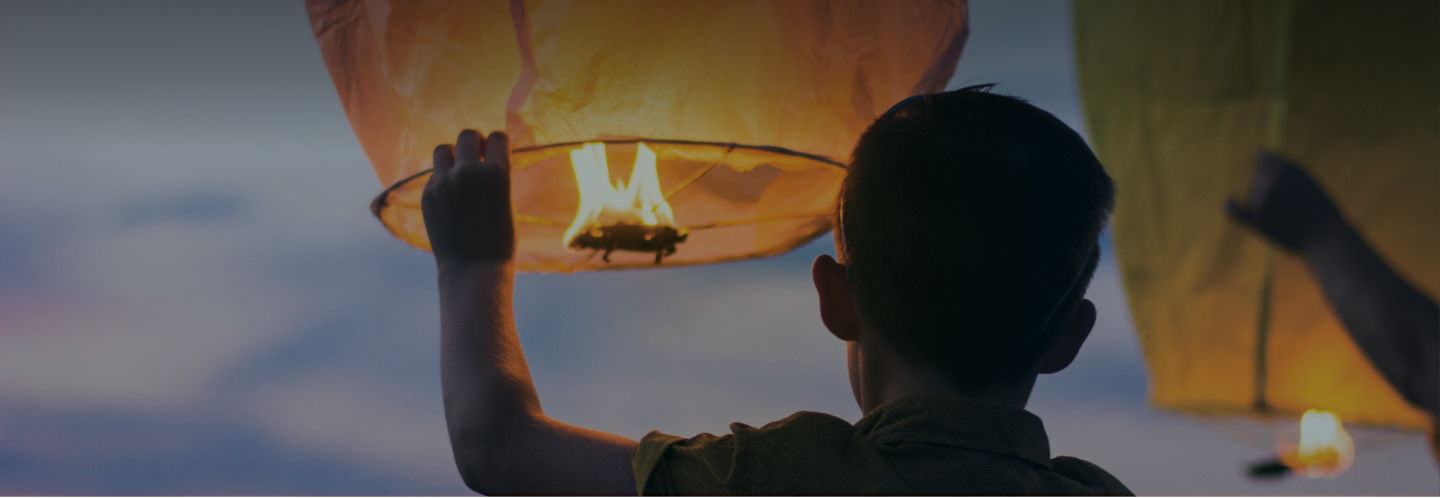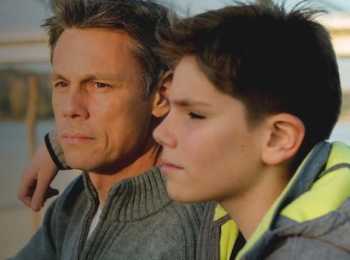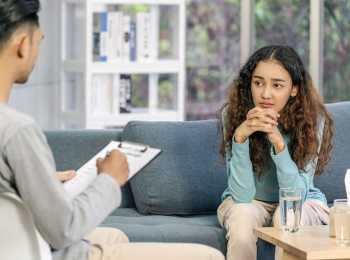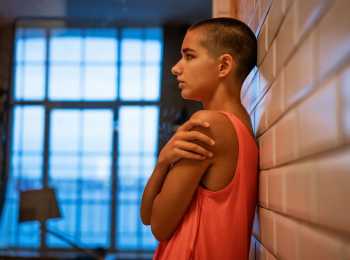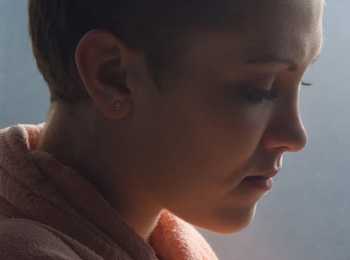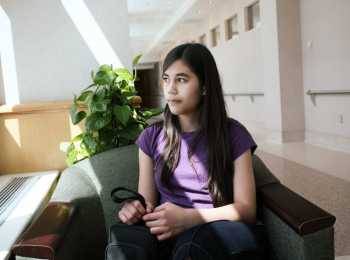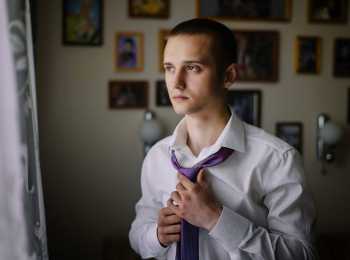It’s pretty likely that every one of your relationships has been affected in some way by your cancer experience.
After everything you’ve been through, your role in your family, group of friends or relationships is going to be different. You have changed – and so of course your relationships with others have changed. You might feel more mature and stronger than before and think different things are important now.
Family
Many families expect everything to return to ‘normal’ when your treatment ends. But be prepared – your family may have changed.
Being patient with your family as they adjust can help. It may be hard for them to give back your independence, or to know how to talk about having cancer.
Spend time working out new routines and what works for the whole family. Continue to find ways to support each other.
Friends
You may feel closer to some friends and like your friendship has strengthened. And there may be friends you feel disconnected from and like you can’t relate to them as much anymore. Maybe you feel like you have been forced to grow up faster than them and now feel more mature. Or perhaps you have missed out on a lot of opportunities to hang out with people your age and you feel like your friends have moved on and left you behind.
You may find that you need to rethink and even end some friendships. This may have happened anyway – cancer or no cancer. As you figure out what is important and interesting to you, give yourself opportunities to meet people who have similar values. You could consider joining a club or a team or join Canteen’s online community to connect with young people affected by cancer.
Over time, you will develop your own unique identity and group of friends. Try to be honest with yourself about what kind of person you want to be and what kind of people you want to be around.
Partners
If you have a partner/boyfriend/girlfriend who has been with you during your cancer experience your relationship has probably changed (for better or worse).
You may have dealt with some struggles and not communicated as well as you did before cancer. You might find that your attitude to things and your outlook on life has changed and this can affect your relationship.
But some couples find that going through something like this together strengthens their relationship and reinforces their closeness and commitment to each other.
Dating and exploring your sexual orientation and gender identity is an important part of being a teenager and young adult. Cancer may have affected your confidence, self-esteem and appearance. Some people worry that they are less attractive and will find it difficult to form new relationships. Many wonder whether – and how – they will tell future partners about their cancer, particularly if their fertility has been affected.
If you’re having ongoing issues with body image or sex that are affecting your relationship, talk to someone in your YCS team or a counsellor. Read more about sex after cancer here.
If you’re single
If you’re single, you may be stressing out about how to start meeting people again and when to tell them about your cancer.
If you want to begin a new relationship, consider:
- getting involved in activities where you can meet people and practise your social skills
- connecting with other survivors to talk about their experiences with dating
- talking to your friends, family or counsellor about your emotional and body image concerns.
Pressure from others to ‘get over it’
You, your friends, your family or your employer may expect that life should just ‘return to normal’ now that treatment is over. You may hear statements like, “it’s time to move on”. While these statements from others are well meaning, it just isn’t how it works.
Even when cancer treatment is over, its effects remain. You may be processing what has happened to you and what it means for you and your future. If you feel others are pushing you to move on, explain to them that the cancer experience is not over for you and that you need some space and time to cope with it in your own way.
It’s okay not to feel completely happy after you finish treatment. It is often a time when trying to be positive is the most difficult.
If you feel like you aren’t coping, it’s okay to ask for help. Some things you may want to try:
- Experiment with new routines and to find out what works for your family or you and your partner or friends.
- Explore new opportunities for personal and professional development.
- Acknowledge the emotions that come with survivorship through things like anniversaries of diagnosis, or the deaths of other cancer patients.
- Focus on the positive ways your life has changed after diagnosis and treatment.
- Join a cancer support group or program to share your experiences and help other young people living with cancer.
- Acknowledge the amount of change, loss and grief you’ve experienced because of cancer.
- Focus on caring for yourself – eat a healthy diet and get some regular exercise.





